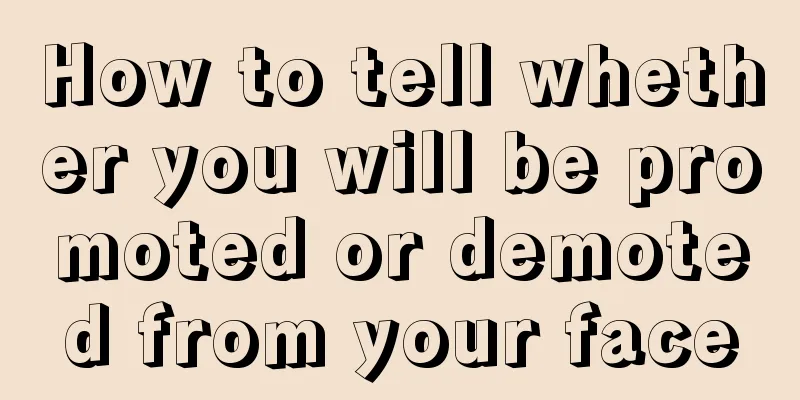Illinois government joins blockchain initiative and will issue digital currency regulatory guidelines

|
An early trial of blockchain insurance services offered by the US state of Illinois has grown into a formal state initiative. The Illinois Blockchain Initiative, officially announced today at the Chicago Blockchain Conference, involves not only companies but also five government agencies. This is a strategically important move because it not only makes it easier for blockchain companies to innovate, but also removes barriers to government use of blockchain. In a conversation with CoinDesk, Illinois Department of Financial and Professional Regulation Secretary Bryan Schneider said:
In addition to Schneider's department, the founding members of the Illinois Blockchain Initiative include the state's Department of Commerce and Economic Opportunity (DCEO), the Department of Insurance (DOI), Cook County's Recorders of Deeds, and the newly formed Department of Innovation and Technology (DoIT). Focus AreasAccording to Schneider's full remarks, he broke down the initiative into three more specific areas of focus. Among them, the inter-institutional alliance is the first goal, he explained, which is to create a warm and friendly regulatory environment for digital currency and blockchain companies. The second is to invite blockchain companies to open offices in the state, and the third is for the Illinois government to develop a specific blockchain application prototype. To accelerate the integration process of blockchain technology, today, the Illinois Department of Innovation and Technology (DoIT) also issued a request for information (RFI), inviting the blockchain community to participate in this initiative and provide relevant feedback. While the state hopes to leverage the influence of CME Group, which is headquartered in Chicago, CME Group Chief Technology Officer Mike Wons said he hopes the initiative will lead to a steady stream of startups entering the blockchain space. Wons told CoinDesk:
Early embryonic stageWhile the initiative is still in its early stages, several of the consortium’s participants are already exploring various applications of distributed ledgers, including those that could simultaneously save taxpayers resources and improve their access to services. Last month, Illinois Department of Insurance Director Melissa Dowling revealed that the alliance would form a working group to develop a blockchain strategy. At the time, Dowling worried that a lack of uniformity would slow progress, even as her department was exploring how blockchain could speed up the process by which actuaries determine the economic consequences of an event. Schneider reiterated Dowling's concerns, adding that the cross-industry initiative is aimed at ensuring that doesn't happen. Schneider’s financial and professional regulatory department is reportedly currently building a blockchain application that can simplify mortgage transactions. Removing business uncertaintyAccording to Sean McCarthy, acting director of the Illinois Department of Commerce and Economic Opportunity, he has appointed Jennifer O'Rourke, assistant deputy director for corporate innovation and technology, as the first blockchain business liaison. According to O'Rourke herself, her role is to serve as a "resource facilitator" for blockchain companies. Current policies include subsidies or tax incentives, but she does not rule out the introduction of more support methods in the future. Additionally, Schneider expects that he will release the state’s “ Schneider concluded:
|
<<: Peter Todd: Corda is Bitcoin without blockchain, suspected of plagiarism
>>: Superbank tests payment performance, Bitcoin beats wire transfers
Recommend
Which women are destined to be rich according to their faces?
In our lives, some people will be rich all their ...
4 Ways to Tell If Bitcoin Is in a Bubble
John F. Wasik is the author of Lightning Strikes,...
A complete explanation of the marriage line on women’s palms. How to read the marriage line?
In palmistry, the marriage line is on the palm un...
The art of judging people: the secret formula of Xunkong
A month has three decades: the first decade, the ...
South Korea's first cryptojacking case has been discovered, and 4 suspects have been arrested
According to Hankyung, the Cyber Security Burea...
Galaxy Research Director: Future Trends of the U.S. Crypto Market and Regulatory Landscape
I discussed the intersection between public marke...
Is it good for a man with connected eyebrows to develop in his hometown?
What is the personality of a man with linked eyeb...
Men with thicker upper lips than lower lips like to betray
The thickness of the lips actually has a great im...
Women should not miss this charming and family-oriented man
Nowadays, good-looking people are more popular. T...
"Coin Mining News" Episode 10: You Don't Understand the Pain of Liquidation
The price of the currency has abused me thousands...
What kind of people are more afraid of suffering?
In this world, it is impossible to be completely ...
Zhang Ziyi's life from the perspective of physiognomy
Zhang Ziyi's life from the perspective of phy...
The bear market surged 198% and ViaBTC mining pool was launched. The story of LBC continues
"As long as there is one artist who is silen...
What does protruding bones at the eyebrows mean?
If the brow bone is relatively high, what are the...
Cheekbone physiognomy to predict career success or failure
Cheekbone physiognomy to predict career success o...









